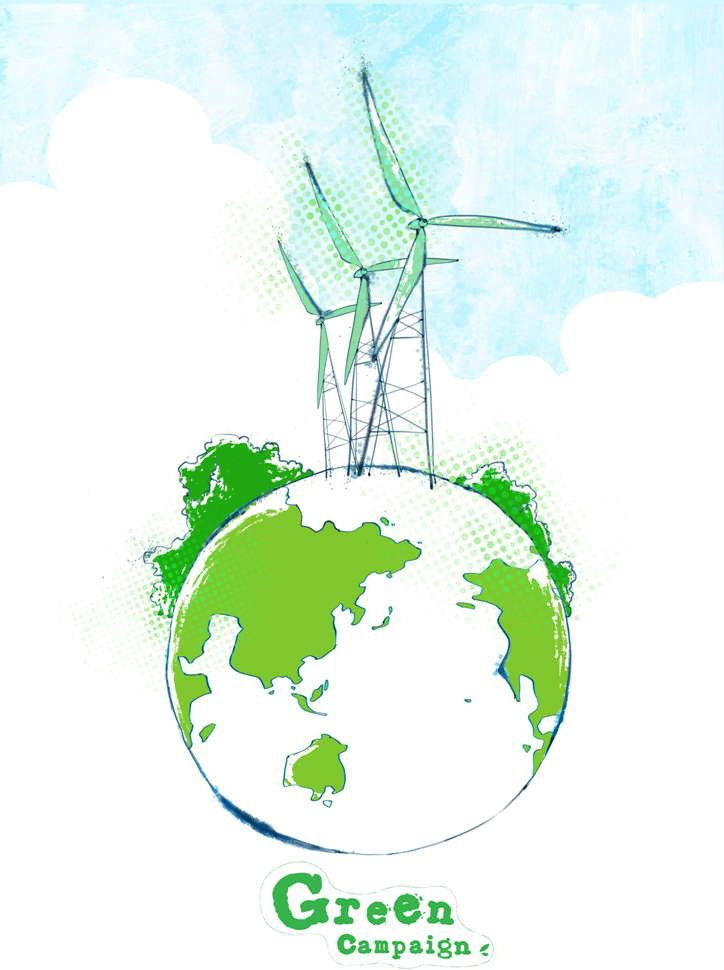
The 23rd World Energy Conference was held in Istanbul, Turkey, from October 9 to 13. The theme of the Conference, "embracing new frontiers, " was attended by energy industry elites, senior government officials and business experts from nearly 50 countries and regions, to discuss and find solutions to the energy industry reform, energy development situation and energy industry strategy, this issue selects the main points of the conference to share with readers. Russia releases positive signal of limiting production in this world energy conference, oil price still is the focus of attention. The issue of whether limiting production can effectively raise oil prices has attracted much attention. The most positive signal from the meeting came from Russian President Putin, "under the current circumstances, freezing or even cutting production is the only way to maintain stability in the energy sector, and Russia is ready to join the common effort to limit oil production and urge other oil-producing countries to do the same, " he said at the Oct. 10 meeting, the clearest sign yet that Russia could be involved in freezing or even cutting production. Russia is open to all possible cooperation with OPEC, Russian Energy Minister Vítězslav Novák said at an October 11 seminar. As a result of Putin's comments, international oil prices rose to their highest level in 2016 on October 10 th. Light crude for November delivery closed at $51.35 a barrel and Brent Crude at $53.14 at the close of trading on the New York Mercantile Exchange. As the main actor in the meeting, OPEC members were optimistic about the meeting in late January. "The oil price has fallen so low that it has affected investment. We don't want to give the market the wrong message and let oil prices fluctuate wildly, " said al-faraj, Saudi Energy Minister, "OPEC must take a balanced and responsible approach to this matter. It is not impossible for oil prices to reach $60 per barrel by the end of this year. " "since the extraordinary meeting of OPEC at the end of last
